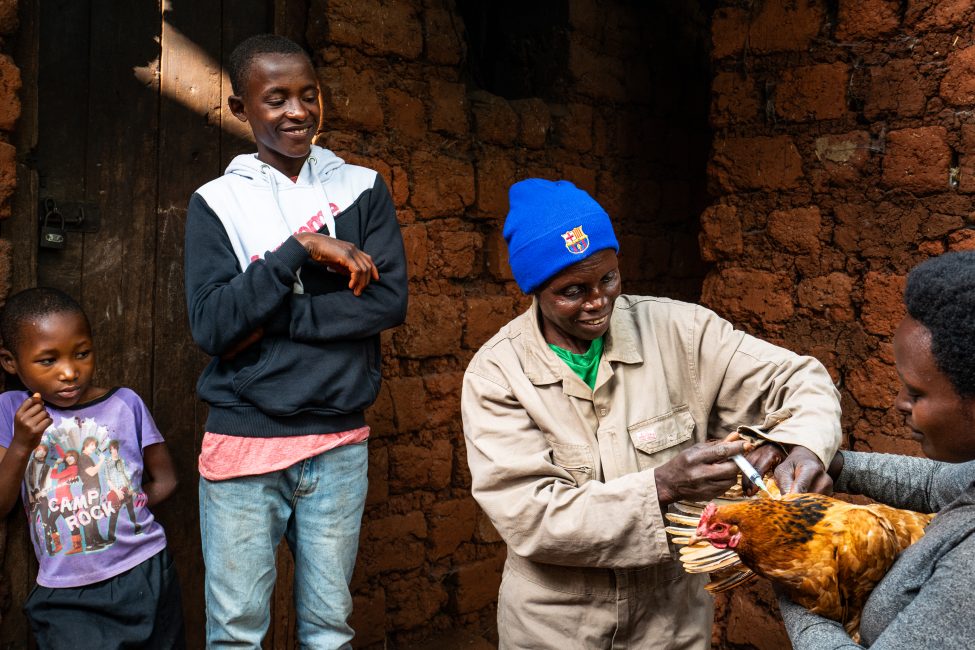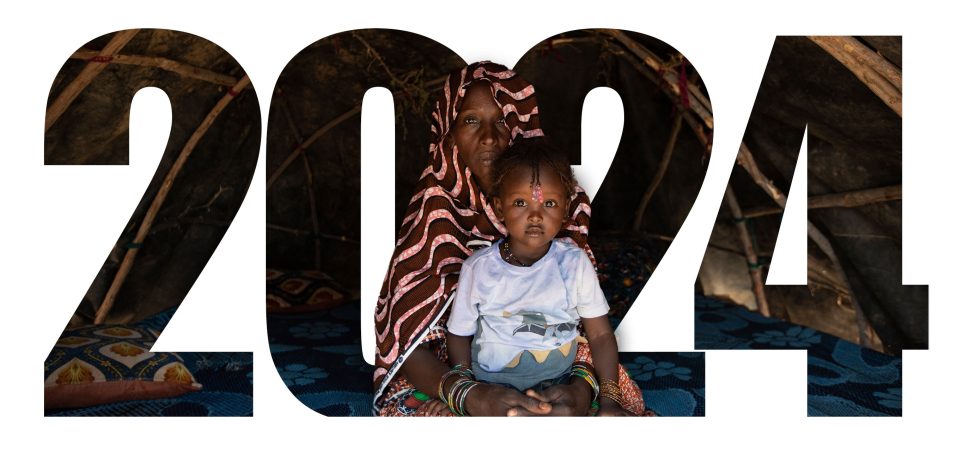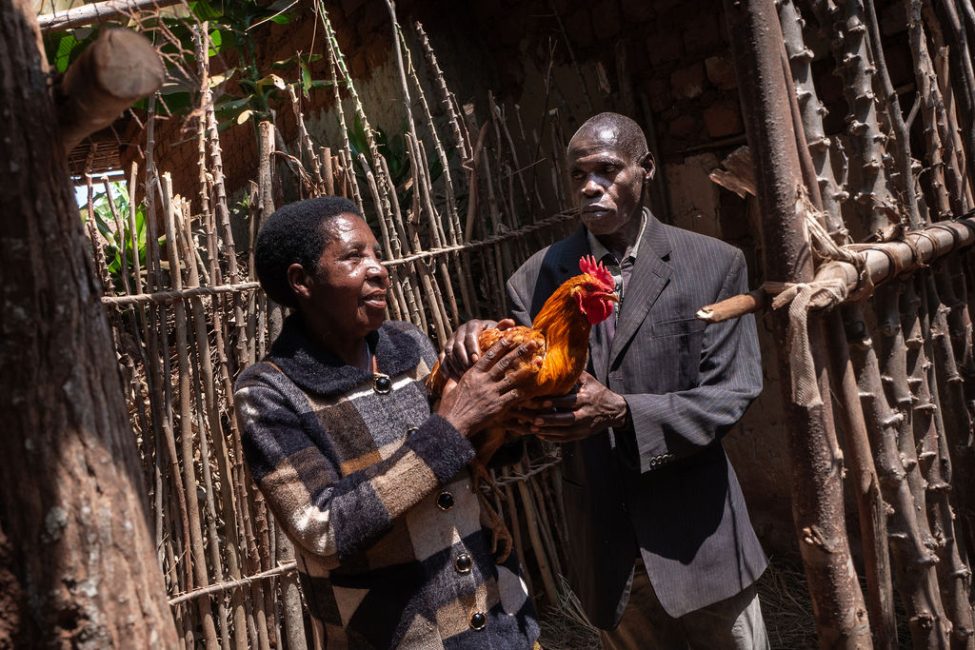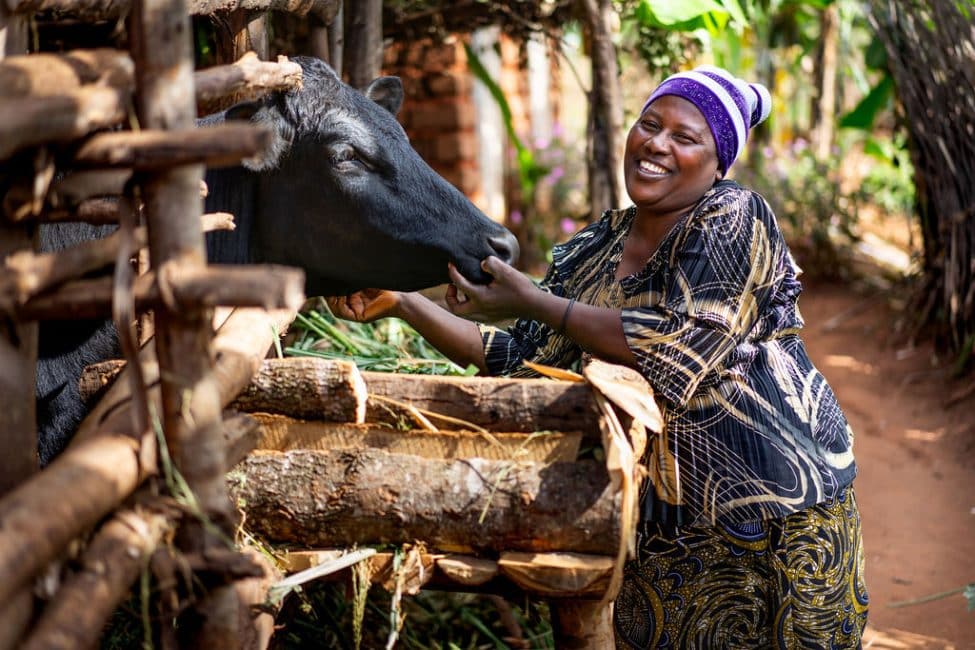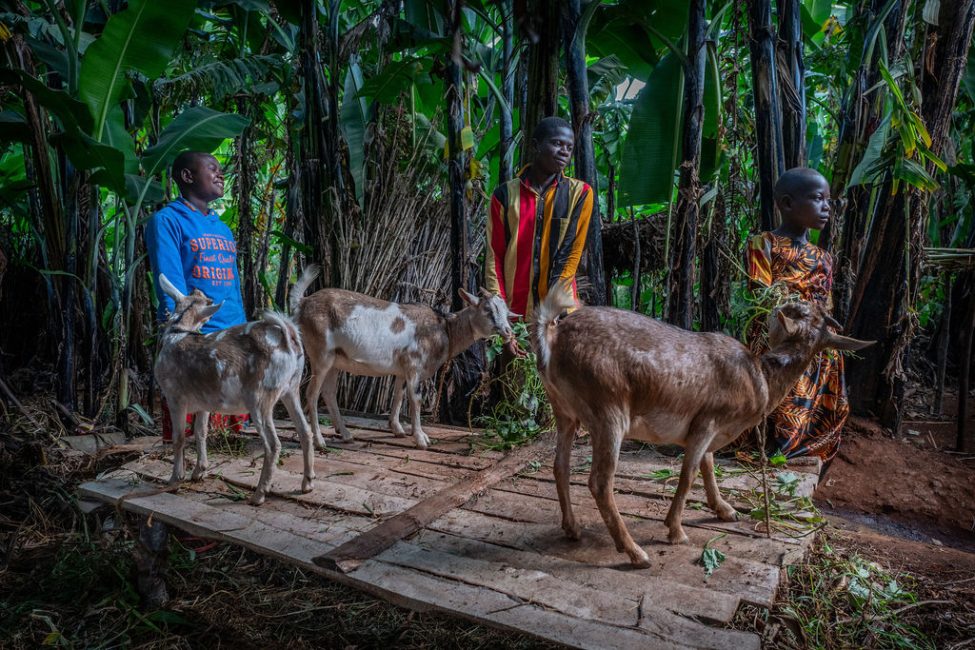In regions of Africa where livestock keeping forms the backbone of daily life, a goat, chicken or cow means much more than just food or trade. These animals are the building blocks of women’s economic independence, allowing them to strengthen their position in the community. Vétérinaires Sans Frontières Belgium contributes to this, both by providing animals for women who need them and by offering support and training. That is how these women gain the knowledge and resources they need to build a more sustainable future. Here are the stories of Marie-Rose, Justine and Minata.
A look back at 2024
From vaccination campaigns in Niger to the launch of a new digital tool in rural Burundi, Vétérinaires Sans Frontières Belgium certainly kept itself busy in 2024. Join us for a look back at our achievements over the past year, with both international and local partners.
Getting to know Denise, a model poultry keeper in Burundi
In rural Burundi, poultry keeping plays an important role in food security and economic security. This activity is often the preserve of women, permitting them to improve their social standing. But it is also an activity that requires knowledge and skill. Denise Kansuraheba’s career is living proof that, with sufficient training and some material assistance, poultry farming can become a highly profitable activity. The grandmother’s success means that she is now a role model in her community.
Livestock keeping: vindication for women in Burundi
Everywhere where we work, women are a priority group among our beneficiaries. Both single mothers and widows are often more exposed to precarity and, as such, they are identified by their communities as the first who should benefit from our activities. By distributing goats to women, we offer them the chance to put an often difficult past behind them. Livestock keeping, which is normally a male preserve, is also a way for them to emancipate themselves from the traditional status of women. We got to know two such women in northern Burundi.
A holistic approach in Burundi, ten years on:
thousands of lives transformed
In Burundi, agricultural overexploitation is progressively reducing the fertility of the land. The problem is jeopardising the food security of nine out of ten people in the country, who depend on agriculture for their livelihoods. To put an end to this vicious circle and stimulate crops, livestock keeping is proving to be extremely effective. However, owning animals is beyond the means of most people in rural areas. That is why we distribute goats to vulnerable families in the north of the country. Over the past ten years, almost 6000 families have benefited from our holistic approach.
Burundi: creating opportunities for the local population
On the Burundian countryside poverty prevails: 7 out of 10 inhabitants are hungry. Children are only eating a poor meal twice a day. Due to the high population density there is a shortage of fertile ground and thus food is scarce. Vétérinaires Sans Frontières Belgium wants to do something to improve this situation. That’s why we started a development program in Burundi in 2014.

